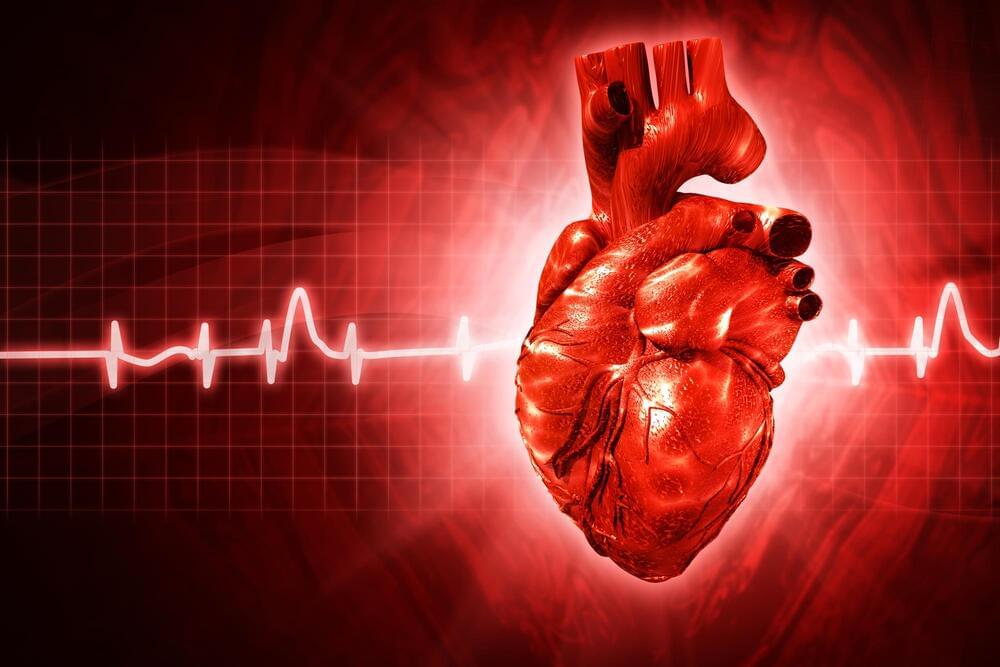Scientists at the Washington University School of Medicine have made an intriguing discovery that could see radiation therapy become a less invasive treatment for heart arrhythmia. The technique seems to activate the heart cells to revert to a younger state and repair the tissue.
Arrhythmia is a condition where the heart beats in an irregular fashion, which can lead to potentially dangerous health problems. It’s a result of issues with the way electrical signals are sent through the tissue, and one of the main treatments is called catheter ablation. This invasive procedure involves threading thin tubes through arteries into the heart, making a small burn to create scar tissue that interrupts the signals.
A few years ago, the Washington University team discovered a far less invasive alternative – radiation therapy, of the kind often used to treat cancer patients. When directed at the heart, the treatment was found to improve arrhythmia symptoms, just as well as, or perhaps even better than, catheter ablation.
